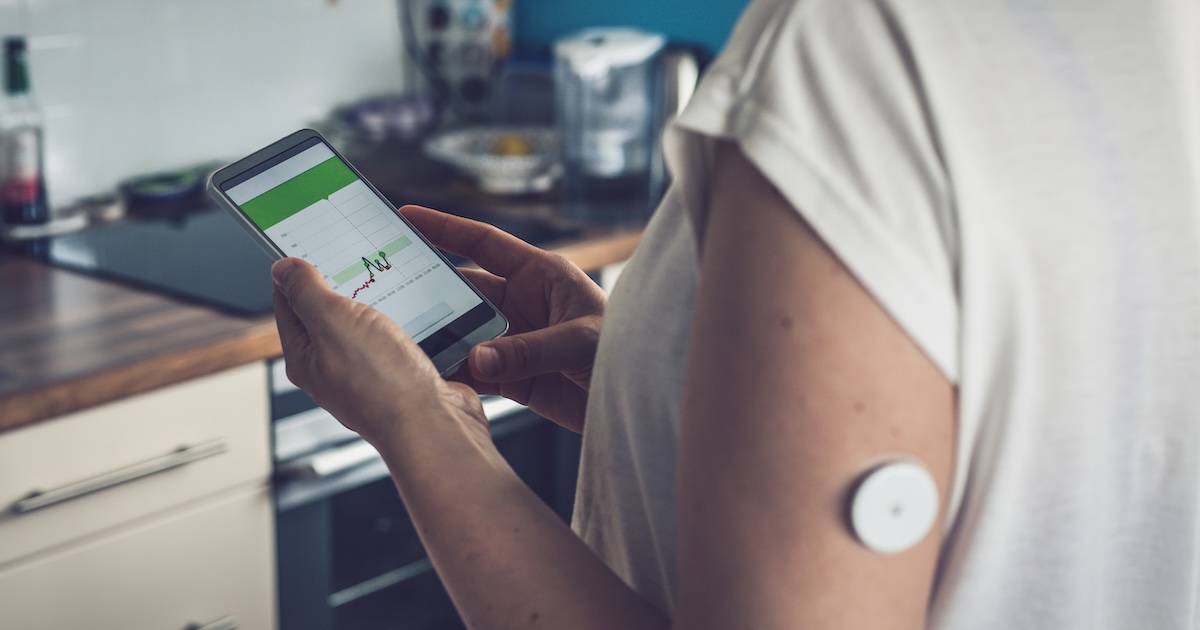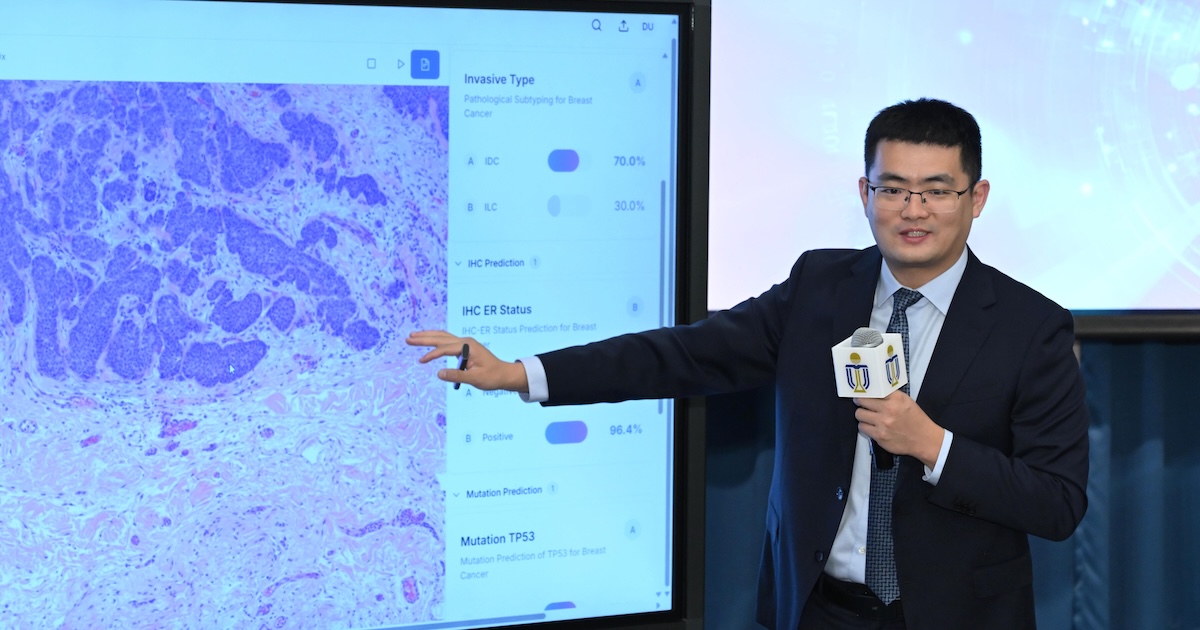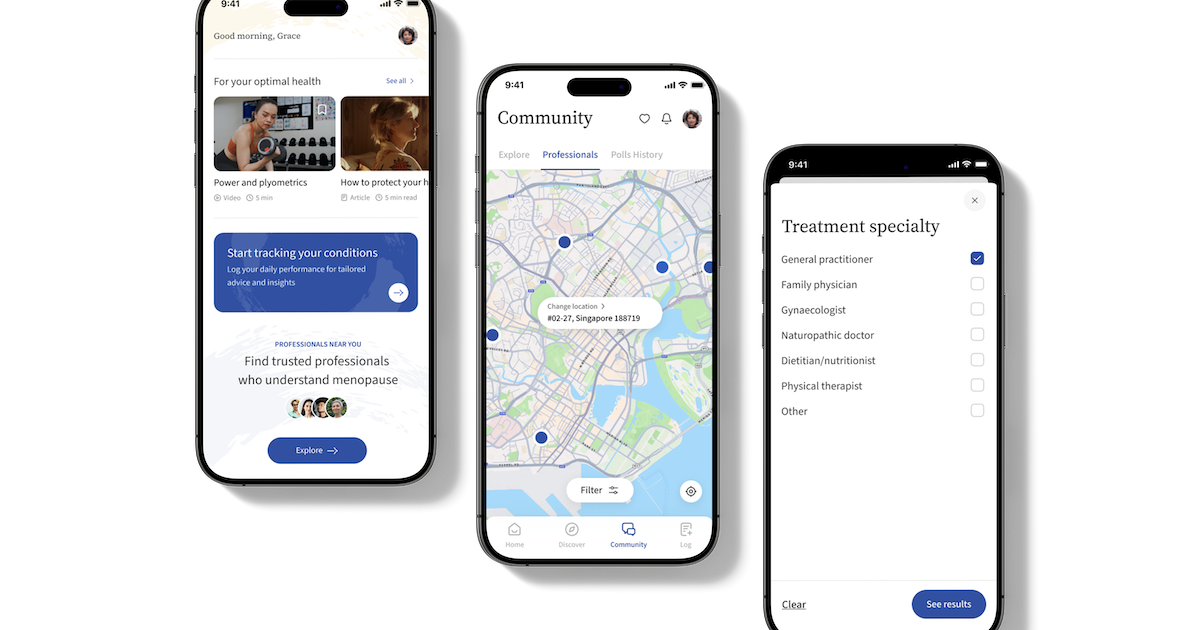Last week, ECRI Institute, a nonprofit that focuses on healthcare quality, announced that it will be launching its first medical device evaluation laboratory outside the US. The independent lab, located in Selangor, Malaysia, will evaluate medical devices used across all care settings in Europe and Asia.
ECRI Institute established its Asia-Pacific office more than twenty years ago to support healthcare technology decision making and patient safety throughout the region. The international organisation has offices in the US, UK, UAE, and Malaysia.
What’s it about
Devices used internationally will be evaluated in Malaysia with the same independent, rigorous protocols ECRI Institute has upheld for more than 50 years. ECRI Institute’s experienced team trained Malaysian engineers to ensure accuracy, consistency and quality control.
The international evaluation program will assess performance, workflow, maintenance, safety, and human factors usability for all technologies under review. The first devices to be evaluated include large-volume infusion pumps, surgical lights, point-of-care blood gas analysers, portable ultrasound machines, continuous positive airway pressure (CPAP) units, and digital radiography systems.
The ECRI International Research Centre will open on April 11, 2019.
On the record
“The establishment of this research facility opens up many possibilities for the future, including possible collaborations with government regulators,” said Eric Woo, regional director of ECRI Institute’s Asia-Pacific office in a statement. Other plans include using the lab for training programs and for accident investigations involving medical devices.
Marcus Schabacker, MD, PhD, president and CEO, ECRI Institute, said: “This research will help us better understand the safety and effectiveness of medical devices used around the world and that’s important to our international members as well as to foreign ministries of health.”


